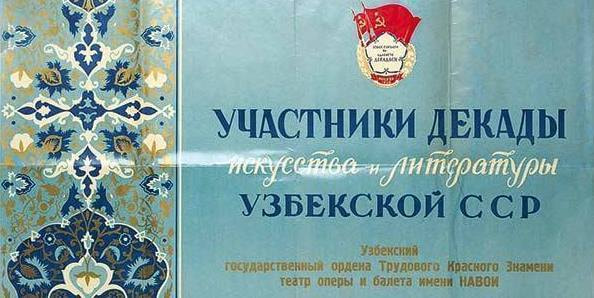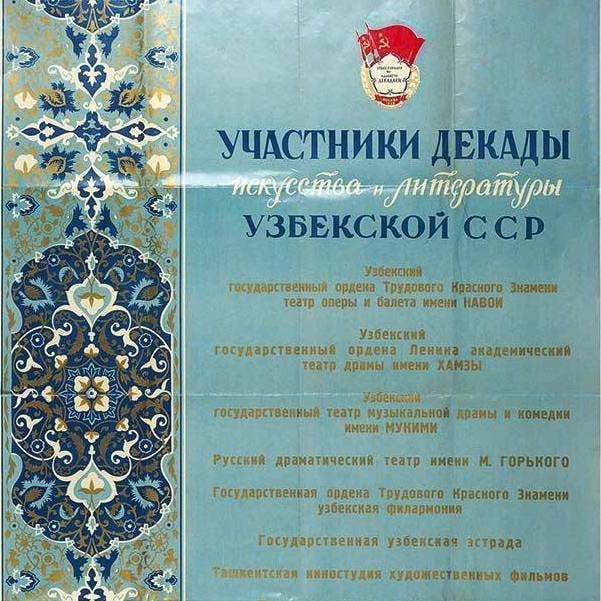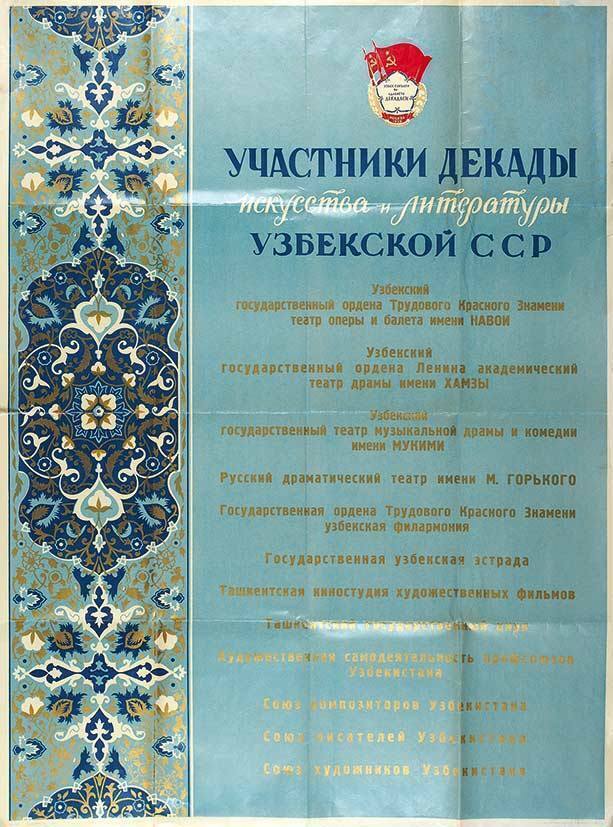The connection between Russian—and specifically Moscow—theater and the history of international theatre is deep yet complex. The performative turn on the stages of North America and Western Europe from the 1960s through the 1980s, the emergence of international festivals in Moscow in the 1990s, and the publication of translated theater theory in the 2010s have placed Russian practitioners in the position of students needing to learn unusual and logics and techniques or review those that were sometimes used but rarely theorized. What is known as the “new European theater” has become (and remains) an example to follow.
In fact, the programs of many Moscow festivals included shows and performances from South Asia, Eastern Europe, Latin America, and Central Asia. However, unlike “new European theater,” Central Asian theaters and artists were viewed by Moscow curators and critics as unique and separate phenomena, not as a complex community that one could enter into dialogue with. This study is an attempt to assume the conscious position of a student in relation to the theaters of Almaty and Tashkent.
Because historically performative practices from Central Asia were integrated into the general Soviet institutional grid, a key part of the project will involve archival research to capture the logic and methods of institutionalization. Sources will include the archives of the Russian Theater Society, a meta institution, which, together with the Soviet Ministry of Culture, regulated theater policy outside the metropole, evaluated shows during regular viewings with discussions, and occasionally initiated research into non-institutional theater “traditions.”
The project also includes a series of interviews with theater practitioners who work in Moscow but were born or studied in Tashkent or Almaty. As well as gathering biographical information, in particular that relating to the experience of migration, the aim of the interviews is to explore the aesthetic foundations and thematic focus of their work.
The third part of the project comprises research trips to Almaty and Tashkent in order to study the contemporary institutional context and non-institutional practices in both cities and meet local researchers who could be involved in archival work, since the Moscow archives of the Russian Theater Society offer a single perspective on the history of Soviet theater.
The result of the research will be a curatorial project that will offer a public activation or a critical review of the connections between the theaters of Moscow, Tashkent, and Almaty. The format and the participants of the project will be determined during the research.


